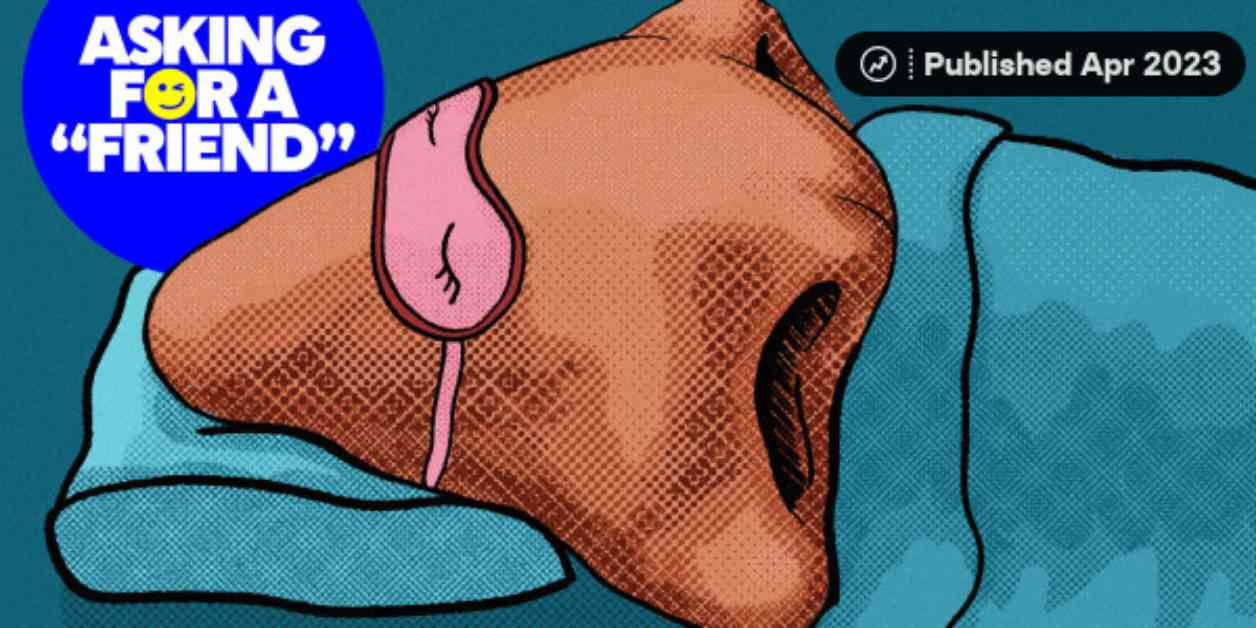Nighttime Nasal Congestion: Causes, Effects, and Solutions
Nighttime nasal congestion can be a frustrating and uncomfortable experience that interferes with your ability to get a good night’s sleep. The inability to breathe properly through your nose while sleeping can lead to a range of issues, from fatigue and headache to mood disturbances and even more serious health concerns. In this article, we will explore the causes of nighttime nasal congestion, its effects on your overall well-being, and effective solutions to help you breathe easier and sleep better.
Understanding the Causes of Nighttime Nasal Congestion
When it comes to nighttime nasal congestion, there are several factors that can contribute to this common issue. One of the primary reasons for experiencing congestion at night is the increase in blood flow to your head when you lie down to sleep. This increased blood flow can lead to swelling and congestion in the nasal passages, making it difficult to breathe through your nose.
Additionally, structural abnormalities in the nose, such as nasal polyps, a deviated septum, or swollen turbinates, can also contribute to nighttime congestion. These abnormalities can cause increased swelling in the nasal passages, particularly when lying down, exacerbating the problem.
Furthermore, irritants and allergens in your home environment can trigger nasal congestion, especially at night. Pet dander, dust mites, mold, pollen, and other common allergens can irritate the nasal passages and lead to inflammation and congestion. Allergic rhinitis and nonallergic rhinitis are conditions that can result from exposure to these irritants, causing symptoms such as congestion, pain, and pressure in the nasal passages.
The Impact of Nighttime Nasal Congestion on Your Health
Nighttime nasal congestion can have a significant impact on your overall health and well-being. Poor sleep quality due to nasal congestion can lead to daytime fatigue, shortness of breath, headache, bad mood, drowsiness, and sleep problems. Inadequate sleep has been linked to a variety of health issues, including type 2 diabetes, high blood pressure, depression, a compromised immune system, and low sex drive.
Furthermore, breathing through your mouth as a result of nighttime nasal congestion can cause dryness, bad breath, brain fog, and irritability upon waking. Continuous mouth breathing can also lead to disruptions in sleep patterns and exacerbate the symptoms of nasal congestion.
Effective Solutions for Nighttime Nasal Congestion
If you are struggling with nighttime nasal congestion, there are several effective solutions that you can try to alleviate the symptoms and improve your quality of sleep. Here are some tips to help you breathe easier at night:
1. Adjust Your Sleep Position: Propping up your head with pillows while sleeping can help promote better airflow and reduce congestion. Avoid sleeping on your back, as this position can block and narrow your airways, making it harder to breathe.
2. Eliminate Allergens and Irritants: Take steps to reduce allergens and irritants in your home environment, especially in your bedroom. Avoid letting pets sleep on your bed, use an air purifier, remove carpets or rugs, and wash bedding regularly to minimize exposure to allergens.
3. Consider Medication Side Effects: Certain medications, such as ibuprofen, aspirin, beta blockers, birth control, and antidepressants, can cause nasal congestion. If your nighttime congestion is severe, consult your doctor about adjusting your dosage or exploring alternative medications.
In addition to these solutions, staying hydrated, taking a warm shower before bed, avoiding caffeine and alcohol, using nasal sprays or a neti pot, and reducing stress through relaxation techniques can also help alleviate nighttime nasal congestion. Consulting with an otolaryngologist (ear, nose, and throat doctor) can provide further insight into the underlying causes of your congestion and personalized treatment options.
Conclusion
Nighttime nasal congestion can be a bothersome and disruptive issue that affects your sleep quality and overall health. By understanding the causes of nighttime congestion, recognizing its effects on your well-being, and implementing effective solutions to alleviate the symptoms, you can improve your ability to breathe easier and sleep more comfortably. Prioritizing your nasal health and seeking professional guidance when needed can help you address nighttime congestion and enjoy restful nights of sleep.

















